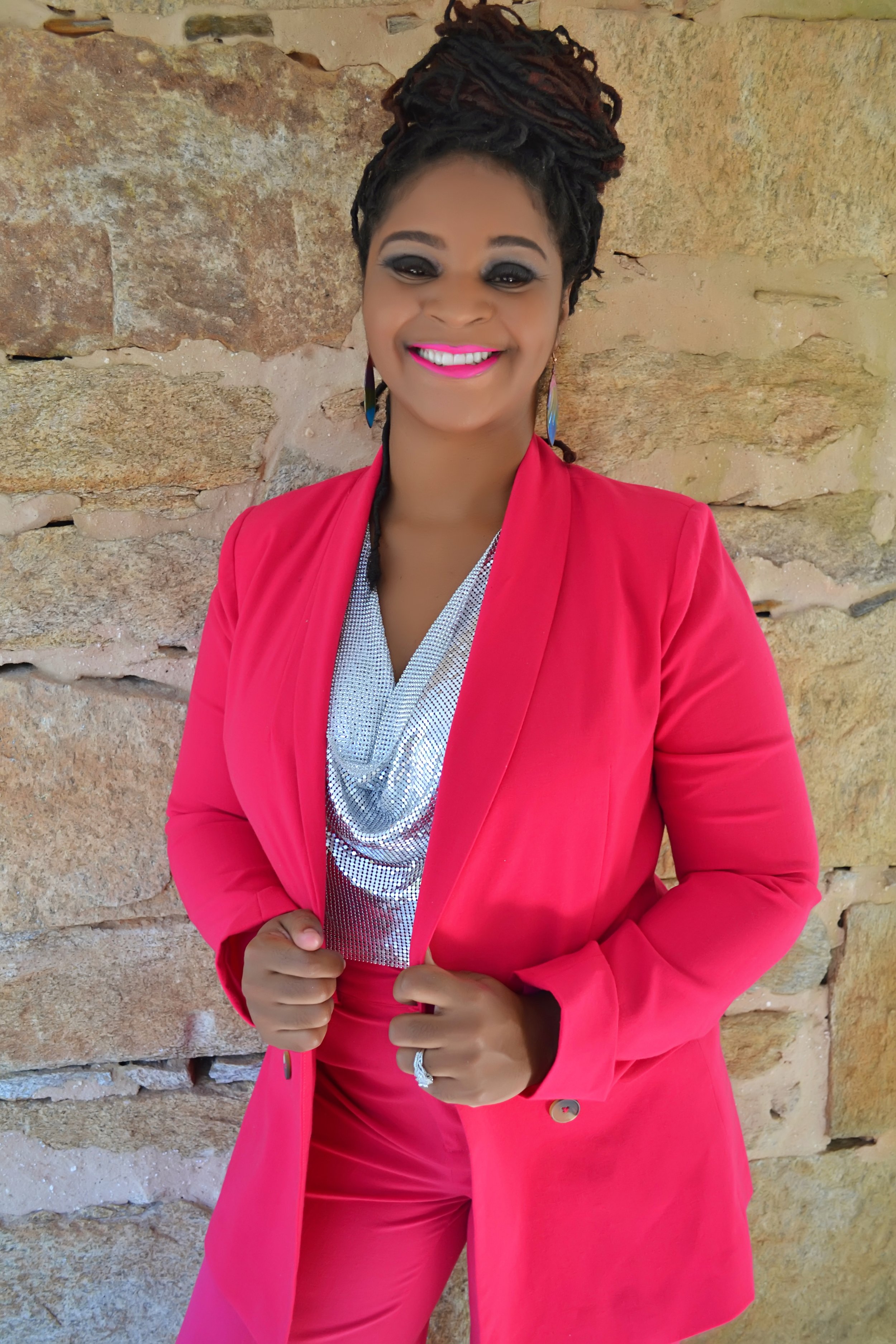Conversing About What’s Behind ‘Thoughts and Prayers’ and What Could Work Better
The well-intended phrase “thoughts and prayers” doesn’t always land well successfully with those impacted by violence or observers of the crimes.
Maybe it’s because it seems to be insufficient.
Possible accompanying helpful action to lessen violence is not being seen taken with a sense of urgency and significant steps in the dogged pursuit of improvement, safety and lowering the odds of people becoming wounded or murdered by gun violence.
Communication Intelligence examines the anger, impatience and conflict with “thoughts and prayers” with Dr. Bertrina Olivia West Al-Mahdi, Ph.D., a U. S. Navy veteran, psychologist, Licensed Professional Counselor and Trauma, Diversity & Inclusion consultant, who specializes in the area of trauma recovery.
People, including politicians, who publicly express this phrase are likely sincere yet critics appear, from observation, to find the sentiments and attempted support to be dismissive and offensive.
The thinking and disconnect can be better understood.
“Psychologically, we are all human. During tough times, we are often lost for words,” says West Al-Mahdi. “Our intent is good but when we don't have answers or know what to say, we say what we think is kind, respectful, genuine or needed at that time.
“Let's take politicians out of the equation for a moment, and think about a coworker, friend, or acquaintance who shares with you that they lost a loved one. What do we often say? ‘Oh my goodness, I'm so sorry to hear that, my thoughts and prayers are with you and your family.’
“Some may say this is a bit different because we expect and hold politicians accountable to change or enforce and reinforce laws to prevent violence, and we don't want to hear, ‘my thoughts and prayers are with you.’ We want change! Action! Reparation! Something,” West Al-Mahdi says.
Dr. Bertrina Olivia West Al-Mahdi, Ph.D. is a U. S. Navy veteran, psychologist, Licensed Professional Counselor and Trauma, Diversity & Inclusion consultant, who specializes in trauma recovery.
This can be contrasted with how people confidently decide to show kindness.
“A better example is when you find out that a coworker, friend, family member, acquaintance lost a loved one, and you call them on the phone and say, ‘Hey, I just heard about...how are you doing? Are you ok?” West Al-Mahdi says.
“In that moment,” she adds, “we think, ‘Are you serious, how do you think I'm doing? I just lost my ____. No, I am not ok!”
Extending “thoughts and prayers” is, West Al-Mahdi says, people’s “go-to,” because “when lost for words, people of faith lean on their faith and belief in their higher power.”
But it’s not just that. There is another reason, she contends.
“It is also often out of fear. They are afraid of the community or the people they harmed by their beliefs, behaviors, and actions or lack thereof.
“Suppose I humble myself and come to your level and show empathy, emotion, care, etc. In that case, it will put me in a vulnerable place to possibly be victimized by the ‘angry mob community.’ Therefore, I will stay in my safe place, behind my security and protection, and ‘leave it to God,’” she adds.
There are different ways of communication that could prove to be a less habitual template and more kind, understanding and show allyship for a push for helpful improvements in society.
“Communication that takes responsibility and accountability while also expressing empathy and sincerity,” is a recommendation West Al-Mahdi makes.
“Honest communication about what is — and went wrong and a sincere dedication to make a change,” she says. “We want to see action. But also, in the moment, we want to feel heard and seen. We don't want to feel dismissed or discounted as just another.”
When it comes to politicians speaking generically and without feeling, West Al-Mahdi, says they can learn to realize what is wanted and pursue it.
“We all know politicians lie, so even if you cannot, choose not, or do not have the authority to change laws, make a difference, right the wrong, etc., at that moment, we want more than thoughts and prayers.
“We want compassion. We want outrage. We want allyship.”
What is not being communicated is what victims families, friends, colleagues, neighbors and society most want.
“Nothing may change in the days, weeks and months to follow but in that moment (of gun violence), we want to feel connected, we want to feel compassion and we want to feel seen and heard.”

